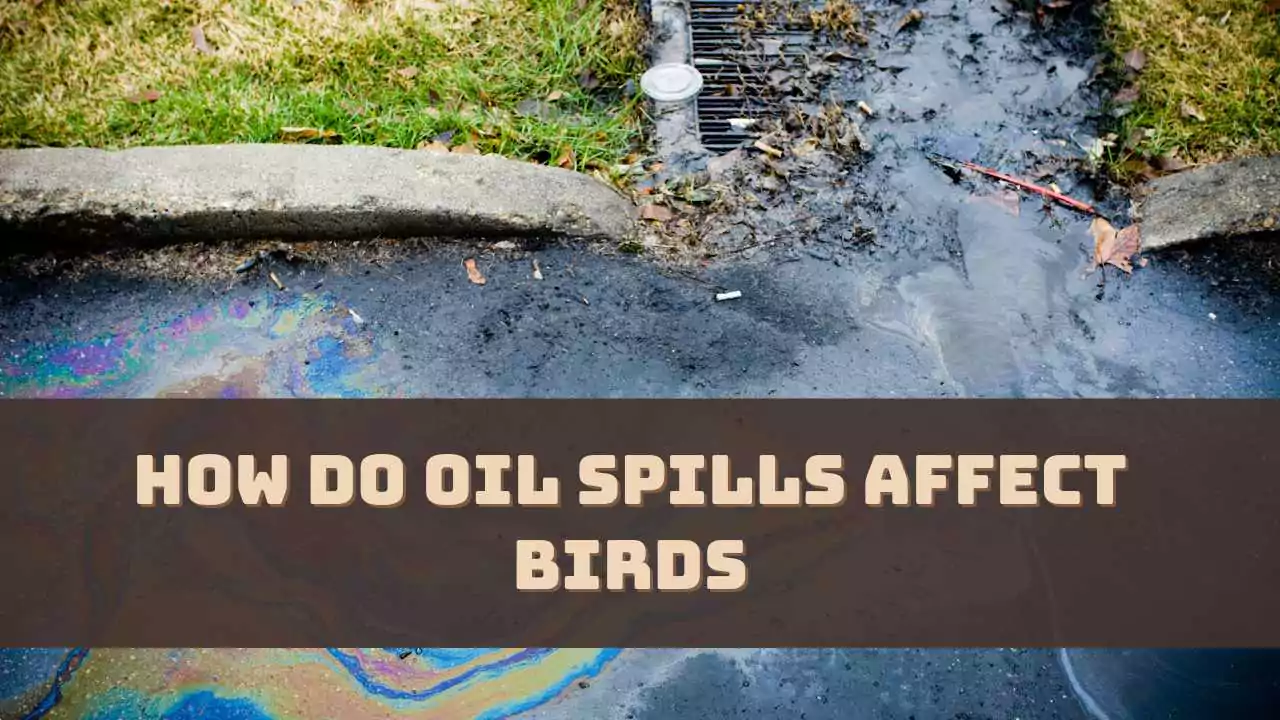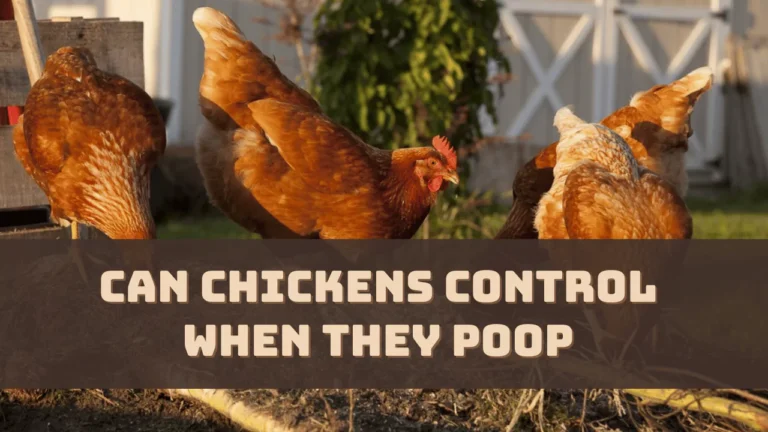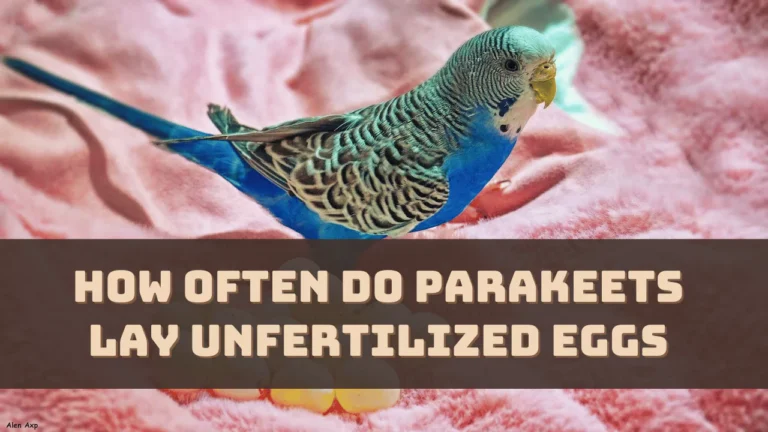Oil spills are lethal to waterbirds, the ones who spend most of their time in the water, foraging for food, cleaning their feathers, or cooling themselves off during the summer.
After the oil is spilled on the water, be it accidentally, it sits on the surface of the water and this is where the waterfowls are mostly found. The ones that dive into the oil-spilled water are the worst affected.
However, it becomes quite difficult to estimate what would be the impact on the birds, after an oil spill. So, let’s get to the facts and understand how devastating an oil spill can be.
How Oil Spills Are Caused?
Oil spill or oil pollution happens due to offshore drilling, tanker leaks, and illegal dumping. Oil can also spill from damaged jet skis, leaking motorboats, runoff from road pollution, or illegal dumping of motor oil. All these incidents prove to be deadly for wildlife and mostly affect the water birds that come in contact with the oil.
What Happens When Oil Sticks to the Bird’s Feather?
When oil spills, it sticks to the feathers of the waterfowl that come into contact. The feathers get matted and separated and the waterproofing quality of these feathers also gets affected, thus the bird’s sensitive skin gets exposed to the extreme temperature. This can become fatal as the bird is unable to cope neither with the extreme winter nor with the extreme summer so it can result in hypothermia or hyperthermia.
The birds are seen trying to remove the oil from the feather through preening and in this process, they ingest most of the oil which damages the internal organs of the bird severely. When oil sticks to the feather of the bird, all their concentration goes to the affected parts and how they can remove it. This makes them vulnerable to predators and even their natural foraging behavior gets affected.
Even if only a small amount of oil, be it a dime-sized drop, has stuck the bird, it still leads to serious health problems, such as extreme weight loss, anemia, and dehydration. The waterfowl lose their buoyancy and often get drowned when trying to escape the cold water.
Are Bird’s Feathers Waterproof?
Yes, a bird’s feather is waterproof, but this can only be maintained when the water cannot seep through the microscopic barbs or barbules of the feathers. The barbs and barbules form a tight barrier that looks like a velcro hooked together. If looked carefully it can be seen that the feathers are arranged such that it appears to be the shingles on a roof, which covers the bird and which makes them waterproof.
The bird tries to maintain this structure by preening and during this process, natural oils are spread throughout the feather, which keeps it well-maintained for the long term. The feathers also stay aligned, maintained, and supple, which does not even allow the water and air to penetrate, keeping the bird buoyant and also insulated. Thus, even if the temperature drops they can glide perfectly through cold water.
Which Birds are Mostly Affected by Oil Spill?
Birds that are most affected by oil spills are – Ducks, pelicans, grebes, puffins, terns, loons, and gulls. Many migrating songbirds also get affected when the oil spill reaches the shore, which pollutes their natural habitat. Also, fish hunting eagles and ospreys get badly affected when they feed on the fish from the oil-polluted areas. Thus, the toxic pollution slowly ventures into the food chain through different bird species.
How Oil Spill Indirectly Affects the Birds?
Oil spill makes a place uninhabitable for the birds. Their food supply starts to decrease as the water plants and animals get affected or mostly killed due to the toxic contents of the oil. If the oil from the feather gets transferred to the eggs, during the time of nesting, and forms a coat, then the unhatched chicks get suffocated.
However, if pregnant birds ingest the oil, then it leads to thinning of the shells of the eggs and after the eggs are laid, they usually get crushed or produce malformed chicks, which do not survive. The oil gets absorbed within the ecosystem of the bird, with time, which leads to the accumulation of a deadly concentration with the food sources as well as other animals and plants.
What Can You Do to Help the Birds?
To help the birds, you can –
- Be part of the cleanup team and volunteer to help the birds and restore the affected habitat.
- Donate to the organizations that take part in the clean-up and restoration process after the oil spill. You can also contribute by donating material or organizing a fundraising drive.
- Join organizations that take part in raising awareness about the toxicity of oil spills and how birds and other aquatic animals can be helped.
- Raise active campaigns to stop the reasons behind oil spills and pollution.
- Report to the local authorities about any oiled bird found or any sight of oil contamination.
- Spread awareness about using less petroleum resources to reduce the need for refined oil.
How to Treat Oiled Birds?
Oiled birds need proper treatment and care. They need to be taken to the nearest vet facility where good facilities are offered to stabilize the bird. The bird must be washed, medicine should be applied, and fed well, so that they can be ready to live in the wild again.


![Can Ducks Have Celery? [Explained] 7 Can Ducks Have Celery](https://masterbirds.com/wp-content/uploads/2024/02/can-ducks-have-celery-768x432.webp)

